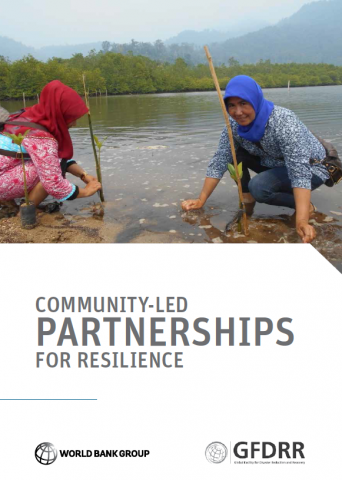15 Games as Energizer and Ice breakers
15 Games that can also be used as energizer and ice breakers in workshops or community trainings: 1. Meet my Daughter: to introduce group members at the beginning of the workshop and to create a relaxed atmosphere. 2. My Passion: to introduce group members at the beginning of the workshop. 3. Animal Crackers: To introduce group […]
15 Games as Energizer and Ice breakers Read More »

